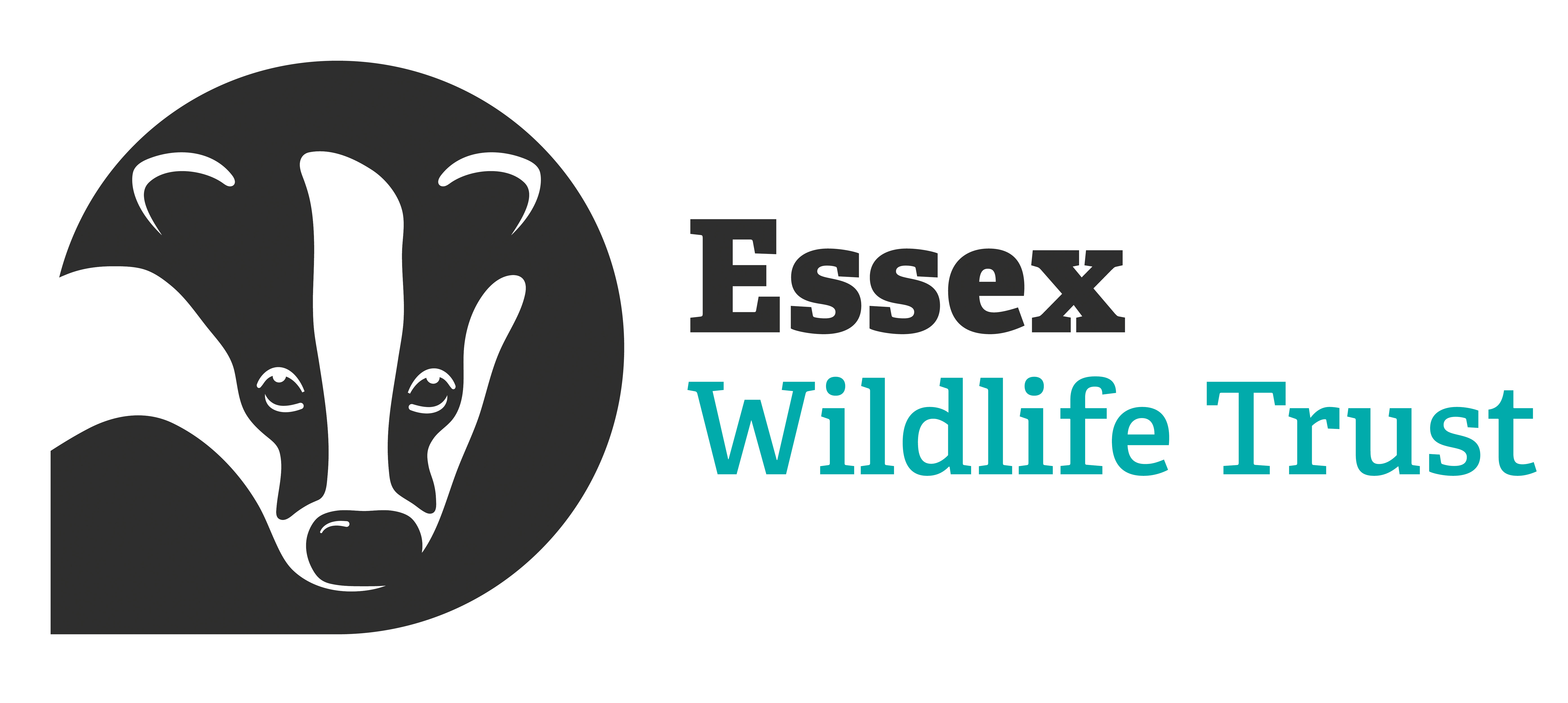Today The Wildlife Trusts publish a new report ‘Reversing the decline of insects’ which shows how people, in every part of society, wherever they live, can take action to bring back insects. Everyone, everywhere, is being asked to become an insect champion.
The report cites examples of farmers, communities, councils and charities that are boosting insect populations and proving that it can be done.
The report comes at a critical time for insects. There is ongoing evidence for insect declines and the future of insects – and all life that depends on them – hangs in the balance as trade deals threaten to increase the use of insect-harming pesticides. Furthermore, the Agriculture Bill is progressing through Parliament presenting a unique opportunity to ensure farmers pursue insect-friendly farming methods.
Today’s publication follows the ‘Insect declines and why they matter’ report, launched last year, which examined mounting evidence that insect populations are close to collapse and concluded that “the consequences are clear; if insect declines are not halted, terrestrial and freshwater ecosystems will collapse, with profound consequences for human wellbeing.”
The Wildlife Trusts are calling on the Government to reverse the decline of insects by:
- Setting an ambitious pesticide reduction target, as good as, if not better than, the EU’s proposed target to reduce by 50% the overall use of – and risk from – chemical pesticides by 2030
- No weakening of UK pesticide standards through future trade deals
- Support for farmers to adopt insect-friendly farming practices
The Wildlife Trusts believe that reversing the decline of insects is possible if:
- A network of nature-rich areas is created covering at least 30% of the UK, and legally binding targets are set for nature’s recovery which are monitored and enforced
- Local councils prioritise green recovery and create more nature-rich places where insects can thrive and make cities, towns and parishes pesticide-free
- Everyone steps up to become an insect champion





